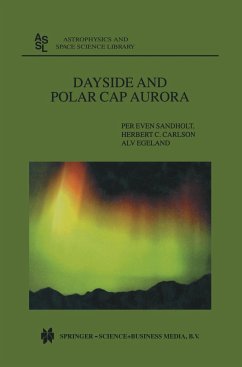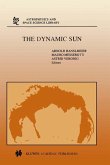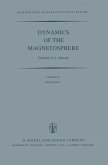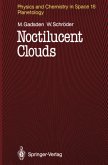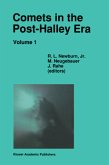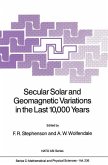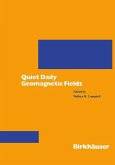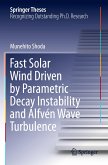The auroral emissions in the upper atmosphere of the polar regions of the Earth are evidence of the capture of energetic particles from the Sun, streaming by the Earth as the solar wind. These auroral emissions, then, are a window to outer space, and can provide us with valuable information about electrodynamic coupling processes between the solar wind and the Earth's ionosphere and upper atmosphere. Studying the physics of these phenomena extends our understanding of our plasma universe.
Ground-based remote-sensing techniques, able to monitor continuously the variations in the signatures of aurorae, in combination with in-situ satellite and rocket measurements, promise to advance dramatically our understanding of the physical processes taking place at the interface of the atmospheres of the Earth and the Sun. Decoding their complexity brings us closer to reliable prediction of communication environments, especially at high latitudes. This understanding, in turn, willhelp us resolve problems of communication and navigation across polar regions.
Ground-based remote-sensing techniques, able to monitor continuously the variations in the signatures of aurorae, in combination with in-situ satellite and rocket measurements, promise to advance dramatically our understanding of the physical processes taking place at the interface of the atmospheres of the Earth and the Sun. Decoding their complexity brings us closer to reliable prediction of communication environments, especially at high latitudes. This understanding, in turn, willhelp us resolve problems of communication and navigation across polar regions.

